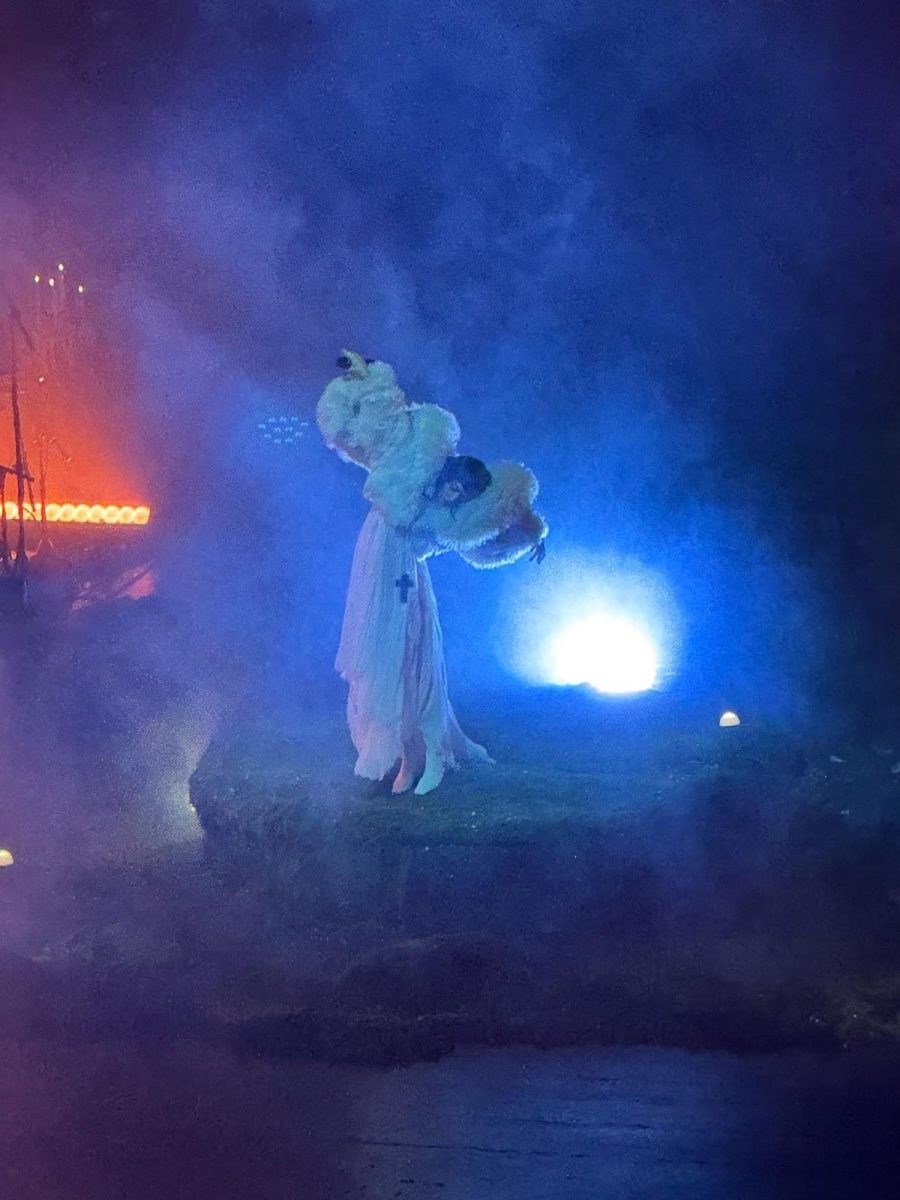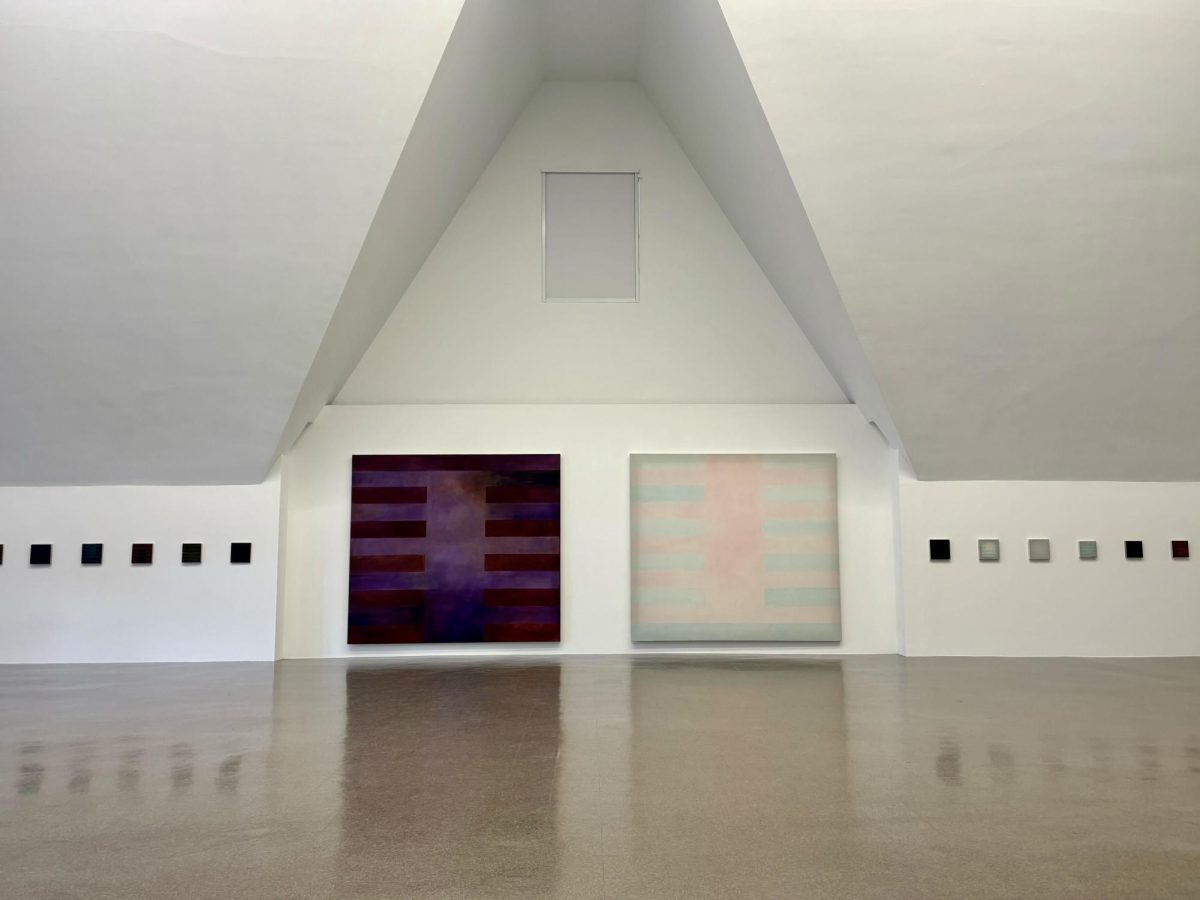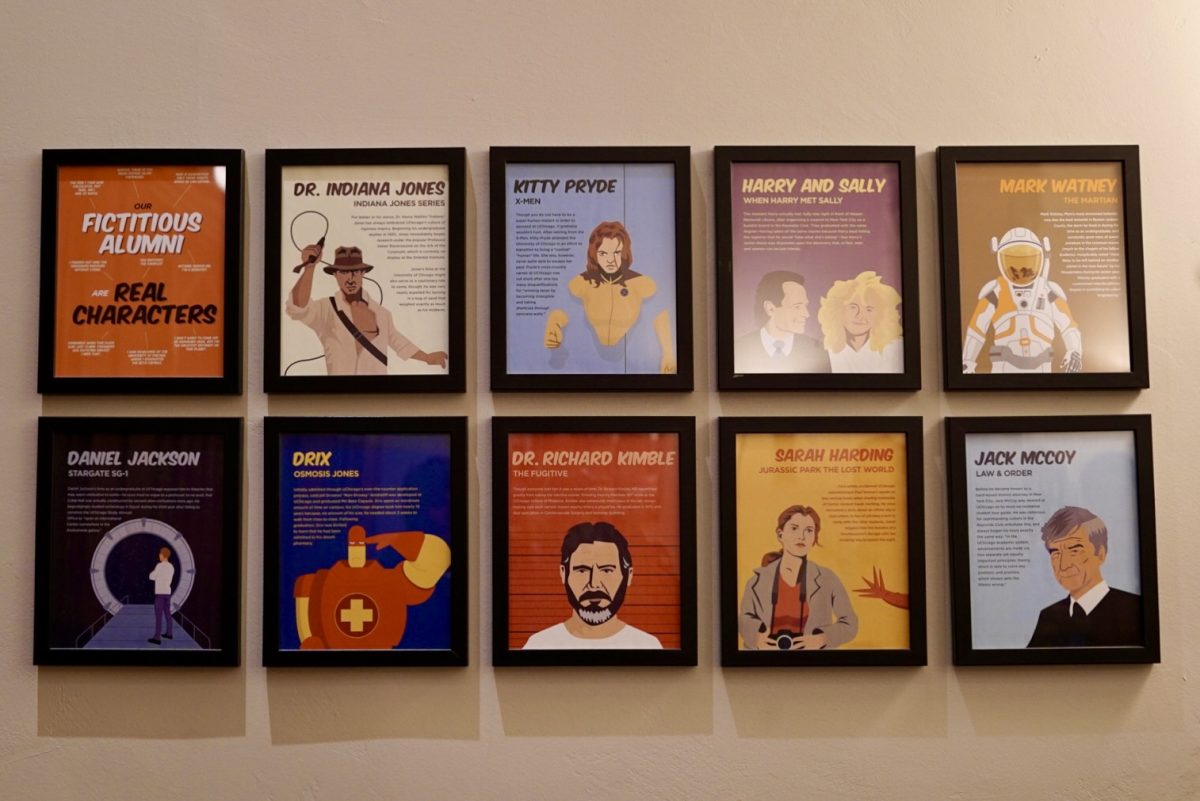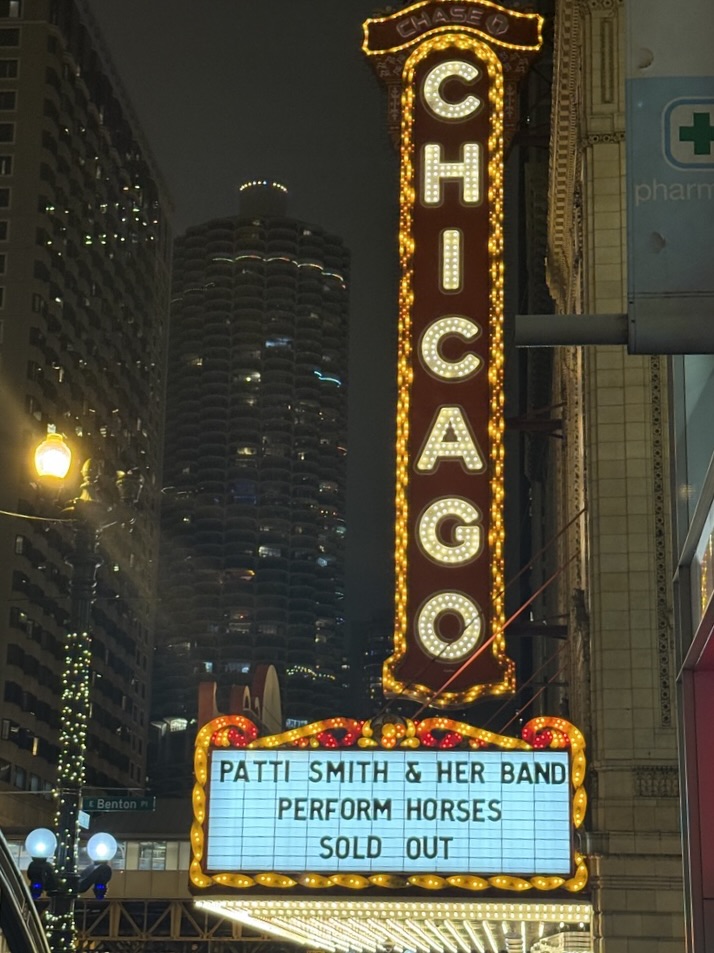Many words have been penned on Homer’s Iliad, and many more have been written on its themes of war, friendship, and duty. Why produce and restage another retelling? For that matter, why stage this retelling four times in 14 years? For these reasons, An Iliad, the modern interpretation of the 15,000 line epic about Achilles, Hector, and the Trojan war, is daring. But this June, Court Theatre reminded audiences why it’s worth revisiting.
An Iliad, which premiered in 2010 at the Seattle Repertory Theatre, modernizes the centuries old text in a 90-minute, one-man package. With prosaic speech, comedy, and sheer grit, a single narrator whisks the audience through the heat of the Trojan war, recounting how the great warrior Achilles stormed off the battlefield and reappeared to exact revenge on Hector for killing his friend. It is a story that the narrator has been recounting for thousands of years, he tells us.
Being such a well-known story, I entered the theater with deep uncertainty: How is An Iliad going to pull this off? Yet, Timothy Edward Kane, the Poet, delivered. Each performance of An Iliad is a novel feat, uncertain and unsettled until its final line when the Poet, breathless, asks the audience: “You see?”
Underneath its legendary, canonical status, the Iliad is a deeply personal portrait of war. An Iliad uncovers its heart for us. Its genius lies in how it allows the audience to come to this conclusion on their own through Kane’s masterful performance. The script delicately weaves modern relevance through the Iliad’s ancient trappings. It includes a digestible amount of exposition on Greek society, introduces only the necessary characters to ease coherence, and doesn’t get bogged down by details or explanations. (Needless to say, the pages enumerating Greek ships and soldiers are condensed, though the gravitas of their scale remains.) It is meaningful regardless of your knowledge of the epic, a rare blend of faithfulness and accessibility for a contemporary adaptation.
The script takes flight with Kane, who deftly breathes life into his words and makes the Iliad feel like a living tale. He has starred in all four productions of An Iliad at the Court Theatre, and you can tell through his deep familiarity with the text. At the core of his performance is a reverence toward the story that can’t be faked. His disposition reminds me of my best lecturers in the humanities—his excitement is infectious, and those listening hang on to every word. Even when Kane switches into casual modern asides and commentary, his expert timing and breath makes transitions feel natural. Who else could dispatch Agamemnon’s disdain towards Achilles with, “Who the fuck cares about him?”
There are some beautiful moments when everything on stage comes together and the incoherency of war becomes startlingly lucid. Kane climbs on a ladder, spotlighted against the dark, and he is Hector holding his newborn child before returning to battle. We glimpse a portrait of a man who is never going to see his son again. Later, Kane is Achilles and we feel his rage surge at the loss of his best friend. War is devastating. Then, when Kane puts on a gas mask and jokingly tells us that Achilles and Hector could just “drop it” and get a drink, we realize war is senseless.
All of this elicits a relationship with the audience that makes the Iliad feel magically new again. When Kane says “you,” it connects. When he talks about your sons and your friends and your hometown where soldiers might be from, it feels real. When he stands on top of the set’s steps, it feels for a moment like he really is Agamemnon, king of Mycenae. And when, on a dime, he collects his animated movement and delivers a sober line on war or violence or tragedy, you understand what he means.
Kane’s acting is aided with subtle and sharp technical choices. He tells his story from the set of a dingy sewer wearing tattered and frayed clothes (scenic design by Todd Rosenthal; costume design by Rachel Anne Healy). The grimy appearance and unconventional lighting (lighting design by Keith Parham), which throw deep shadows across Kane’s face and the walls, adds a raw ephemerality that feels unadorned and spontaneous. You really could be in a sewer with a man who’s spent his thousand-year life retelling the Iliad. Meanwhile, droning sounds and water dripping seep into your unconscious, adding tension and color (sound design by André Pluess). This is as much a story that happens on stage as it does in your mind’s eye.
A lot has changed since An Iliad was last performed in 2020, in a site-specific staging at the Institute for the Study of Ancient Cultures. In the show’s climactic moment, Kane recites at breakneck speed, for minutes on end, wars throughout human history. Following instructions that are written into the script, the list is meant to be updated. Kane ends with Gaza. It could be a cheap effect, but in a production as genuine and well-produced as this one, the recitation is a chilling bombshell.
If only we could sit in these moments for longer. The need to narrate the production unfortunately gets in the way of the Poet embodying his characters. I felt that the best of both actors (I also attended the understudy Jason Huysman’s performance, who appeared on Sunday nights) was oftentimes cut short by the need for the single actor to step back into narration mode and keep the story moving. The meta element of the Poet’s life and how the story weighs on him is similarly stunted. An Iliad is no doubt better off having these elements than not, but I was left wishing it explored them in greater depth.
Walking out of the theater, I thought back to my core humanities class in The College. Despite attending lectures and writing an essay on the Iliad, I had never realized how relevant the epic is to today. Hannah Arendt, a 20th-century political philosopher, wrote that the meaning of one’s life story can only be revealed fully through imitation and drama. Productions like this confirm Arendt’s theory, and they reaffirm the power of theater: it illuminates, questions, and reveals. And it can make a ten-thousand-year-old text feel new again.









